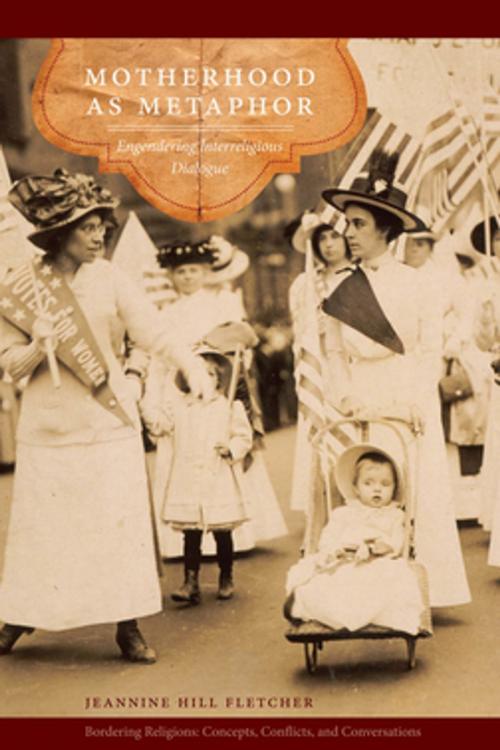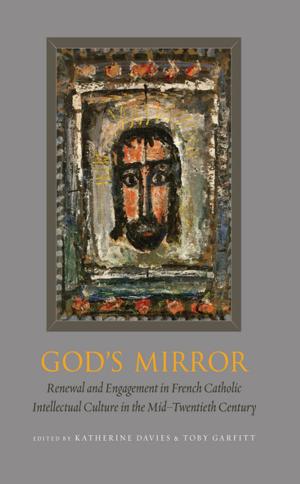Motherhood as Metaphor
Engendering Interreligious Dialogue
Nonfiction, Social & Cultural Studies, Social Science, Gender Studies, Feminism & Feminist Theory, Religion & Spirituality, Theology| Author: | Jeannine Hill Fletcher | ISBN: | 9780823252190 |
| Publisher: | Fordham University Press | Publication: | August 9, 2013 |
| Imprint: | Fordham University Press | Language: | English |
| Author: | Jeannine Hill Fletcher |
| ISBN: | 9780823252190 |
| Publisher: | Fordham University Press |
| Publication: | August 9, 2013 |
| Imprint: | Fordham University Press |
| Language: | English |
Who is my neighbor? As our world has increasingly become a single place, this question posed in the gospel story is heard as an interreligious inquiry. Yet studies of encounter across religious lines have largely been framed as the meeting of male leaders. What difference does it make when women’s voices and experiences are the primary data for thinking about interfaith engagement?
Motherhood as Metaphor draws on three historical encounters between women of different faiths: first, the archives of the Maryknoll Sisters working in China before World War II; second, the experiences of women in the feminist movement around the globe; and third, a contemporary interfaith dialogue group in Philadelphia. These sites provide fresh ways of thinking about our being human in the relational, dynamic messiness of our sacred, human lives.
Each part features a chapter detailing the historical, archival, and ethnographic evidence of women’s experience in interfaith contact through letters, diaries, speeches, and interviews of women in interfaith settings. A subsequent chapter considers the theological import of these experiences, placing them in conversation with modern theological anthropology, feminist theory, and theology. Women’s experience of motherhood provides a guiding thread through the theological reflections recorded here. This investigation thus offers not only a comparative theology based on believers’ experience rather than on texts alone but also new ways of conceptualizing our being human. The result is an interreligious theology, rooted in the Christian story but also learning across religious lines.
Who is my neighbor? As our world has increasingly become a single place, this question posed in the gospel story is heard as an interreligious inquiry. Yet studies of encounter across religious lines have largely been framed as the meeting of male leaders. What difference does it make when women’s voices and experiences are the primary data for thinking about interfaith engagement?
Motherhood as Metaphor draws on three historical encounters between women of different faiths: first, the archives of the Maryknoll Sisters working in China before World War II; second, the experiences of women in the feminist movement around the globe; and third, a contemporary interfaith dialogue group in Philadelphia. These sites provide fresh ways of thinking about our being human in the relational, dynamic messiness of our sacred, human lives.
Each part features a chapter detailing the historical, archival, and ethnographic evidence of women’s experience in interfaith contact through letters, diaries, speeches, and interviews of women in interfaith settings. A subsequent chapter considers the theological import of these experiences, placing them in conversation with modern theological anthropology, feminist theory, and theology. Women’s experience of motherhood provides a guiding thread through the theological reflections recorded here. This investigation thus offers not only a comparative theology based on believers’ experience rather than on texts alone but also new ways of conceptualizing our being human. The result is an interreligious theology, rooted in the Christian story but also learning across religious lines.















